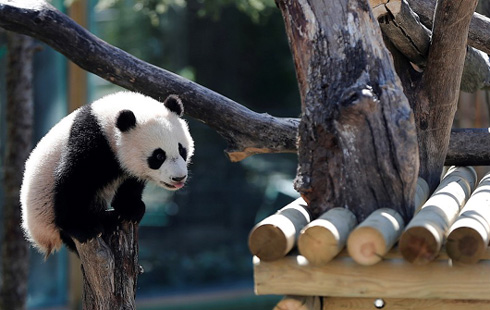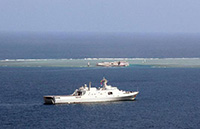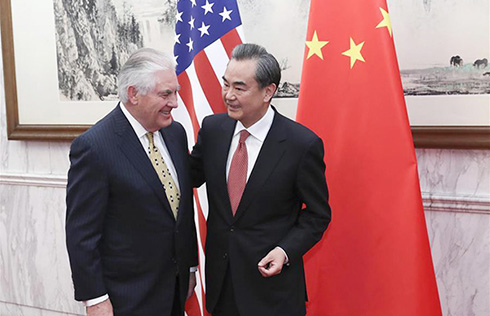Space station's leaky pump repaired
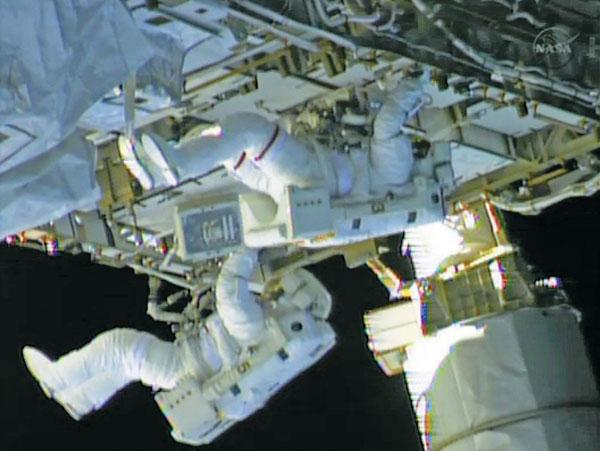 |
|
In this still image taken from NASA TV, International Space Station astronauts Chris Cassidy (top) and Tom Marshburn work on repairs to the ISS on Saturday. The astronauts repaired an ammonia leak that was discovered on May 9. [Photo/Agencies] |
A pair of spacewalking astronauts wrapped up a hastily planned repair job on Saturday to replace a suspect coolant pump needed to keep the International Space Station at full power.
NASA astronauts Chris Cassidy and Tom Marshburn put on spacesuits and left the space station's airlock shortly before 9 am EDT (13:00 GMT) to attempt to stem an ammonia coolant leak that cropped up on Thursday.
Over the next four hours they installed a spare pump, then positioned themselves to check for signs of escaping ammonia ice crystals when the system was turned back on.
"No flakes," Cassidy reported to flight controllers at the Johnson Space Center in Houston, Texas.
Engineers will monitor the system over the next several days and beyond to make sure the pump replacement fixed the problem.
"We certainly have come a long way in identifying a potential source," said NASA mission commentator Rob Navias as the astronauts returned to the station's airlock. The entire spacewalk lasted five and a half hours.
The station crew discovered a steady stream of ammonia flakes flowing away from the far left side of the station's exterior on Thursday. Flight controllers spent the next 48 hours diagnosing the problem and coming up with potential solutions.
Engineers believed the leak was most likely coming from in or around a 118 kilogram pump that pushes ammonia through the system. The coolant dissipates heat from electronics in the space station's solar-powered electrical system.
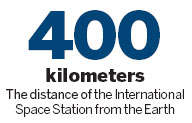
The station can be reconfigured to compensate for a system shutdown but, if a second problem should occur, that likely would mean a cutback in power available for experiments. The $100 billion station, which flies about 400 kilometers above Earth, is a research laboratory for biomedical, physics, astronomical and other experiments, as well as for technology development and demonstrations.
On Sunday, station commander Chris Hadfield, the first Canadian to lead the international outpost, turned over the helm to Russian cosmonaut Pavel Vinogradov. Hadfield, Marshburn and cosmonaut Roman Romanenko, who have been aboard the station since December, are scheduled to depart on Monday.
Their replacements - NASA's Karen Nyberg, Italy's Luca Parmitano and Russian Fyodor Yurchikhin - are due to be launched on May 28.








